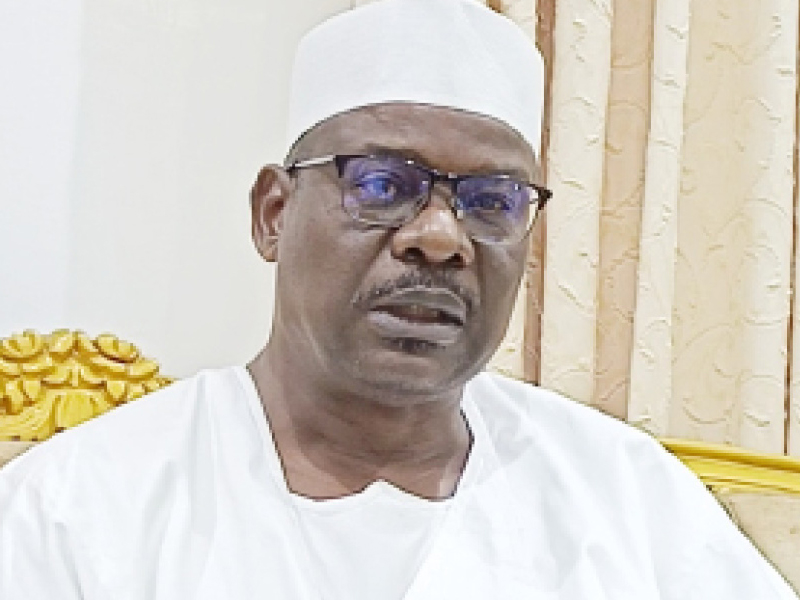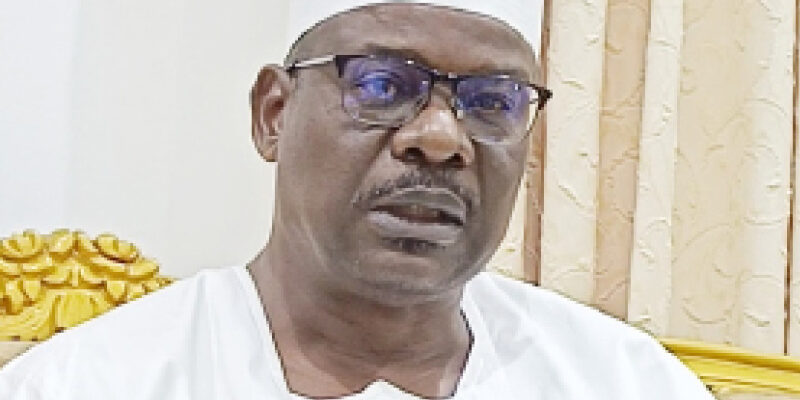
Former Senate Leader, Mohammed Ali Ndume, has reiterated his call for the withdrawal of the Tax Reform Bills currently before the Senate, emphasizing the need for wider consultations and stakeholder input.
Speaking in Abuja, Ndume dismissed claims that northern Nigeria opposes the reforms due to regional bias, describing such insinuations as “naive.” He argued that the proposed reforms, in their current form, would disproportionately impact low- and middle-income Nigerians across all regions.
“I insist the Tax Reform Bills be withdrawn for broader consultations involving critical stakeholders like state and local governments, as well as the private sector,” Ndume stated.
The senator expressed concern about the timing of the reforms, given the prevailing economic hardship in the country. He warned that passing the bills without necessary adjustments could worsen the plight of ordinary Nigerians.
Ndume, who was recently removed as Senate Chief Whip due to his vocal stance on national issues, also called for greater prudence in managing public resources. He urged the Federal Inland Revenue Service (FIRS) to focus on expanding the tax base and improving revenue collection, while advocating for increased accountability and transparency.
“Banks that declare massive profits annually must pay more taxes,” he added, urging the Central Bank of Nigeria (CBN) to scrutinize commercial banks more closely.
The proposed bills include provisions to establish the Joint Revenue Board, Tax Appeal Tribunal, and Office of the Tax Ombudsman, as part of President Bola Tinubu’s comprehensive tax reform agenda. However, Ndume raised concerns about their implementation, citing issues such as Value Added Tax (VAT) distribution, derivation principles, and the absence of consensus among Nigerians.
Reiterating the need for reforms to prioritize governance restructuring, Ndume highlighted inefficiencies in the nation’s budget management.
“For 2024, personnel and overhead expenses constitute 50 to 60 percent of the budget, yet 20 percent of the budget remains unimplemented while recurrent expenditure is already exhausted,” he observed.
Ndume dismissed perceptions of northern Nigeria as parasitic, insisting the region remains a vital asset to the nation.
“We are not liabilities; we contribute significantly to Nigeria’s survival and progress,” he declared.
Ndume’s comments reflect growing concerns about the potential socioeconomic impact of the proposed tax reforms, with stakeholders urging a more inclusive approach to policy-making.

Comments